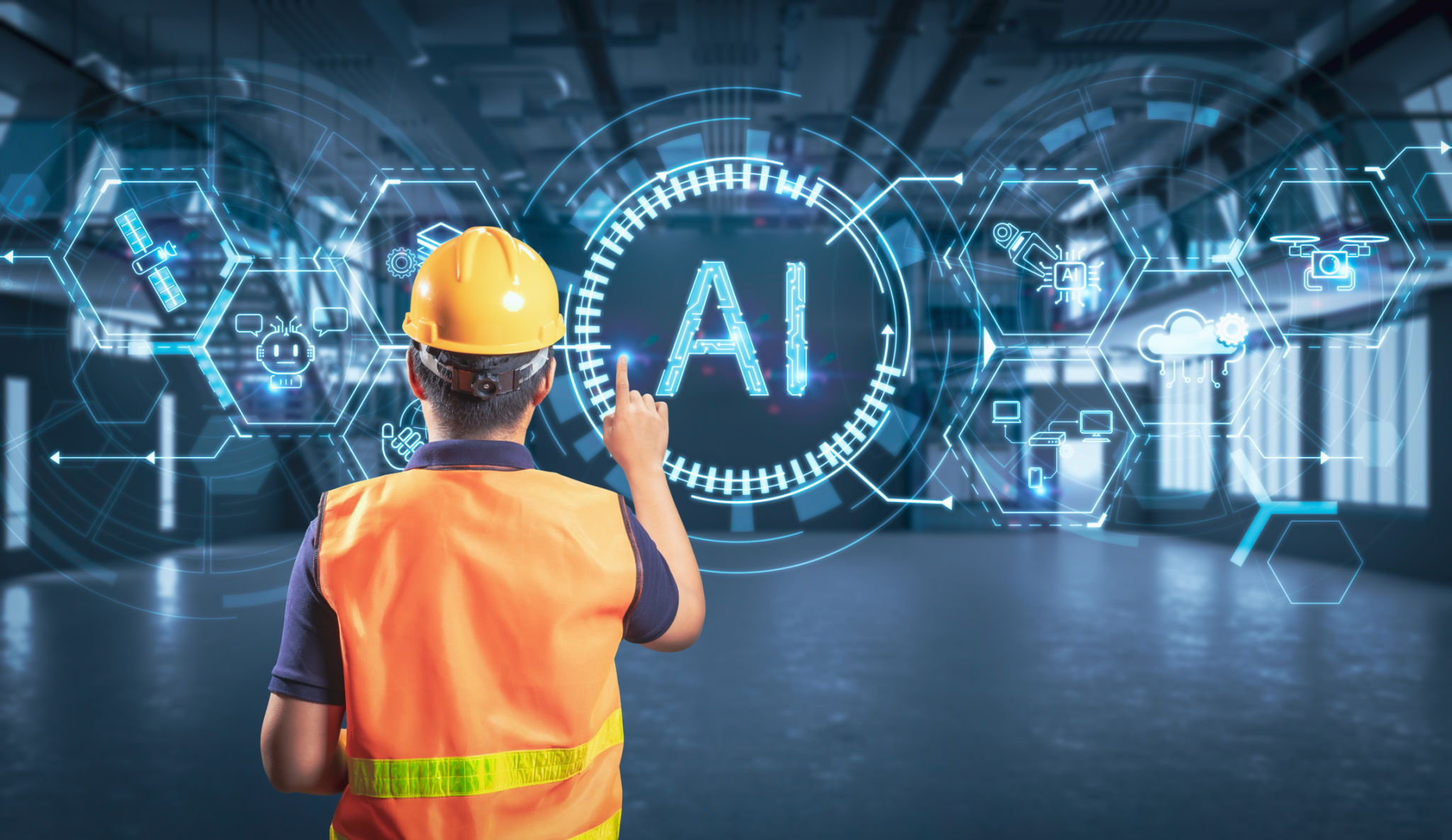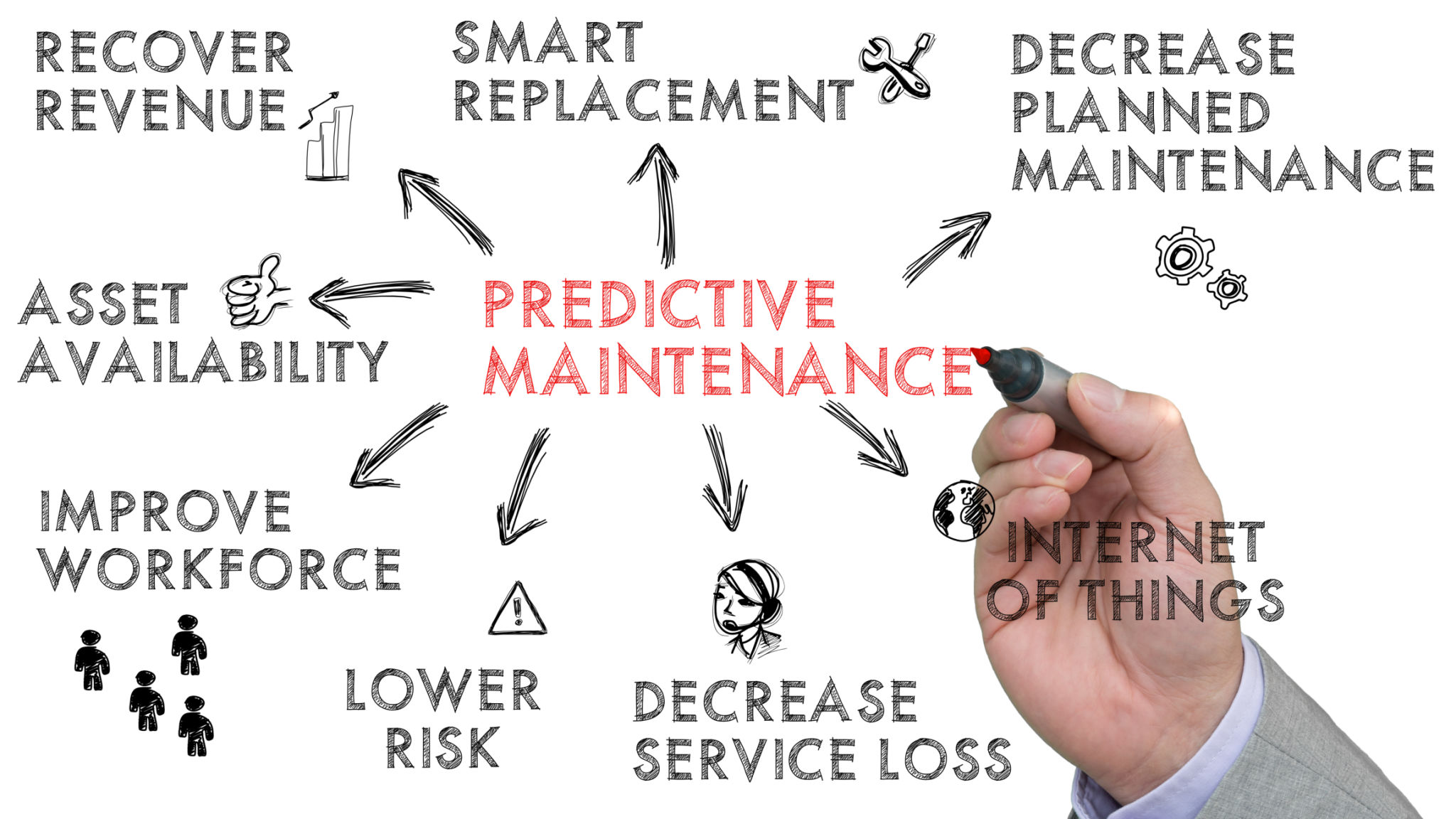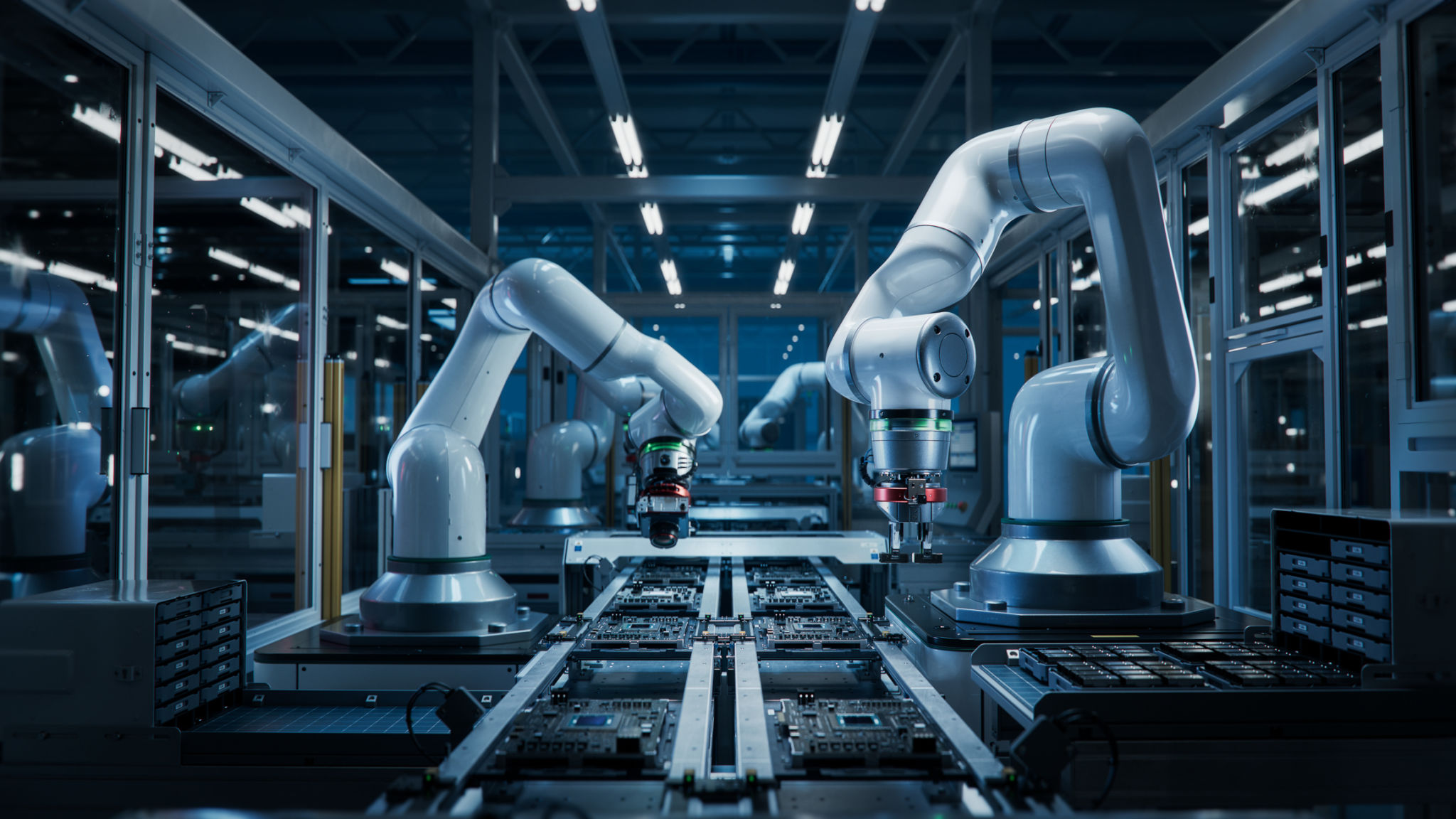Top AI Manufacturing Solutions for Bay Area Industries
PW
Introduction to AI in Manufacturing
The manufacturing landscape in the Bay Area is rapidly evolving, with Artificial Intelligence (AI) leading the charge toward increased efficiency and innovation. As industries seek to enhance their production processes, AI solutions are proving invaluable in streamlining operations, reducing costs, and delivering superior products. This blog post delves into the top AI manufacturing solutions that are transforming Bay Area industries.

Automated Quality Control
One of the most significant contributions of AI in manufacturing is in quality control. AI systems equipped with machine learning algorithms can detect defects in products far more accurately than human inspectors. These systems utilize computer vision to inspect items in real-time, ensuring that only products meeting the highest standards reach consumers. This not only improves product quality but also reduces waste and rework costs.
Benefits of Automated Quality Control
Automated quality control systems can operate 24/7 without fatigue, providing consistent and reliable inspections. By integrating these systems, manufacturers can achieve a higher level of accuracy and speed, leading to increased productivity. Additionally, AI-driven quality control systems gather vast amounts of data, enabling continuous improvement and optimization of manufacturing processes.
Predictive Maintenance
Predictive maintenance is another area where AI is making a significant impact. By analyzing data from machinery and equipment, AI algorithms can predict when a machine is likely to fail or require maintenance. This proactive approach allows businesses to schedule repairs during non-peak hours, minimizing downtime and avoiding costly breakdowns.

Advantages of Predictive Maintenance
The primary advantage of predictive maintenance is the reduction in unplanned downtime, which can be costly for manufacturers. By addressing potential issues before they escalate, companies can extend the lifespan of their equipment and improve overall operational efficiency. Moreover, predictive maintenance can lead to significant cost savings by preventing catastrophic failures and optimizing resource allocation.
Robotics and Automation
Robotics and automation have long been integral to manufacturing, but AI advancements have taken these technologies to new heights. AI-powered robots can perform complex tasks with precision and adaptability, making them ideal for various manufacturing applications. These robots can learn from their environment and optimize their performance over time, increasing productivity and reducing labor costs.
AI-Driven Robotics Applications
- Assembly Line Automation: AI-powered robots can efficiently handle repetitive tasks, improving speed and consistency.
- Packaging and Sorting: Robots equipped with AI can sort and package products faster than human workers, ensuring accuracy and efficiency.
- Material Handling: AI-driven robots can transport materials within a facility, streamlining logistics and reducing manual labor.

Supply Chain Optimization
AI is revolutionizing supply chain management by providing real-time insights and predictive analytics. By analyzing data from various sources, AI systems can forecast demand, optimize inventory levels, and improve supplier relationships. This enhanced visibility allows manufacturers to make informed decisions, reducing lead times and enhancing customer satisfaction.
Impact on Bay Area Industries
The implementation of AI-driven supply chain solutions is particularly beneficial for Bay Area industries that face unique challenges such as high demand volatility and complex logistics networks. By leveraging AI technologies, businesses can achieve greater agility and responsiveness, maintaining a competitive edge in the fast-paced market environment.
Conclusion
The integration of AI solutions in manufacturing is not just a trend; it is a necessity for industries looking to thrive in today's competitive landscape. From automated quality control to predictive maintenance and supply chain optimization, AI is driving efficiency and innovation across Bay Area industries. As these technologies continue to evolve, manufacturers will be better equipped to meet the challenges of tomorrow while delivering unparalleled value to their customers.